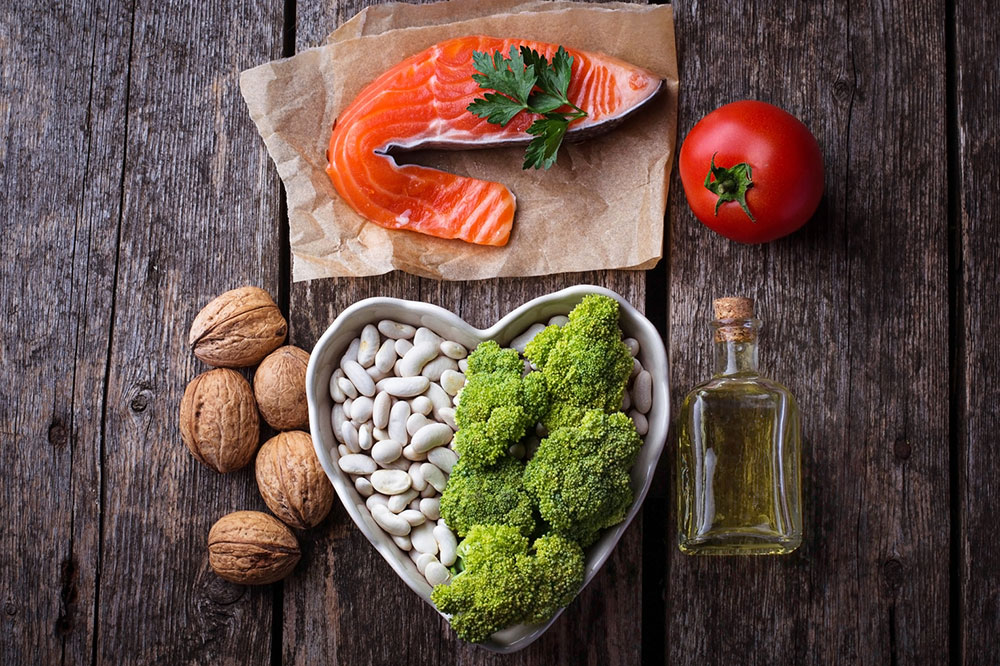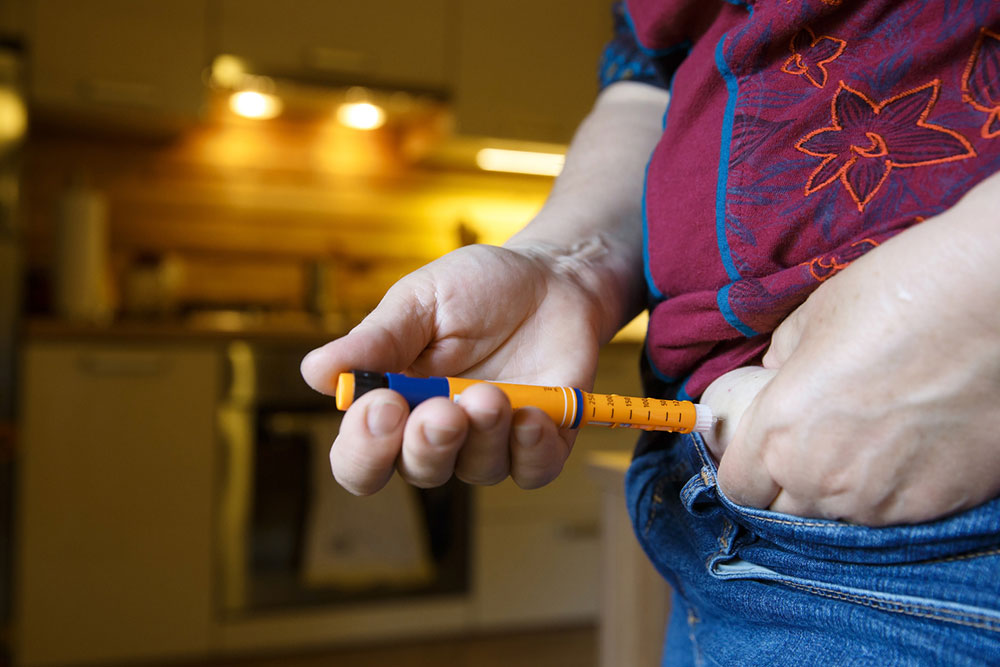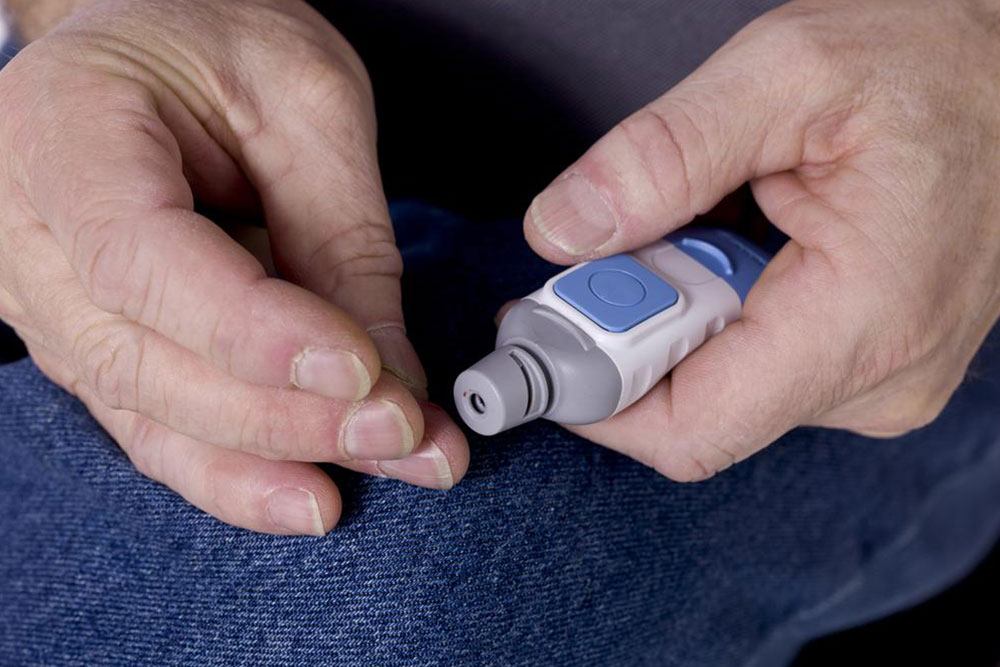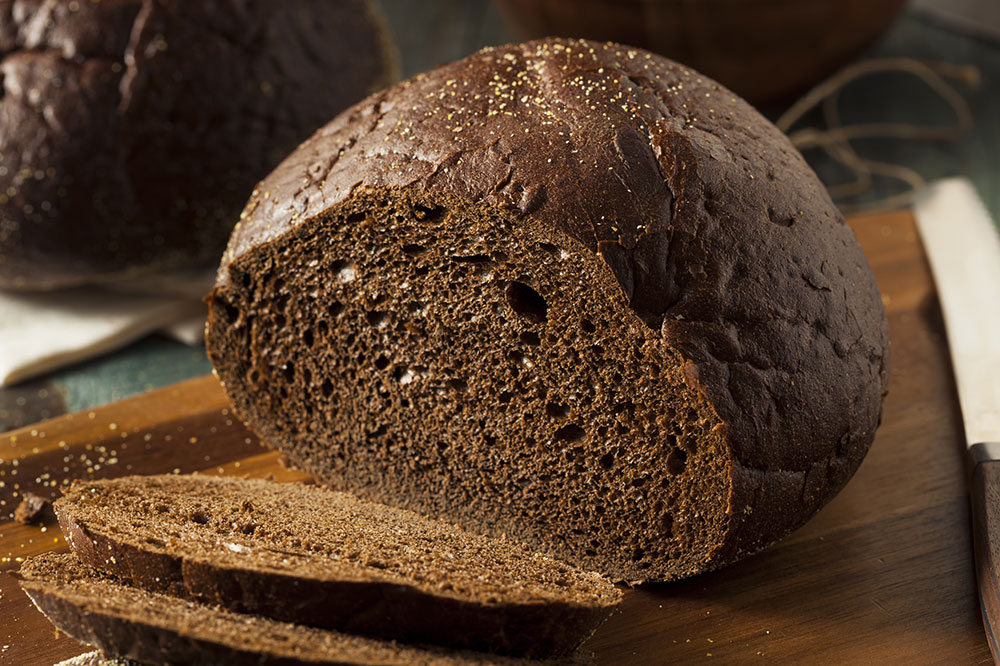Top 5 Foods to Help Control and Lower Blood Sugar Levels
Discover the top five foods that can help control and lower blood sugar levels naturally. Incorporate broccoli, whole wheat, nuts, oatmeal, and garlic into your diet for improved diabetes management. Learn about related health tools and medications that support blood sugar regulation, along with essential health tips for diabetics. Always consult healthcare professionals for personalized advice and treatment options.

Top 5 Foods to Help Control and Lower Blood Sugar Levels
Managing blood sugar is crucial for individuals with diabetes, a condition caused by insufficient insulin production leading to excess glucose in the bloodstream. Incorporating specific nutritious foods into your diet can aid in stabilizing blood sugar levels. In this article, we explore five foods known for their blood sugar-lowering benefits:
Broccoli
Rich in nutrients, broccoli is beneficial for blood sugar regulation. When chewed or chopped, it releases sulforaphane, which helps maintain healthy blood sugar levels. For maximum effect, consume raw or steamed broccoli.
Whole Wheat
Unlike traditional bread, stone-ground whole wheat bread retains its fiber content, which slows digestion and helps control blood sugar spikes. Choosing whole wheat options over refined grains supports better blood sugar management.
Nuts
Nut varieties like almonds, walnuts, and peanuts are nutrient-dense, high in fiber and healthy fats. Their low glycemic index makes them an excellent snack for blood sugar regulation, and they also promote heart health with vitamin E and omega-3s. Remember to opt for unprocessed nuts for maximum benefit.
Oatmeal
High in soluble fiber and with a low glycemic index, oatmeal is ideal for lowering blood sugar levels. B-glucans in oats help improve insulin response and reduce glucose levels, making oatmeal a powerhouse for diabetes-friendly diets.
Garlic
Known for its medicinal properties, garlic can enhance insulin sensitivity and lower blood sugar. Compounds such as allicin and S-allyl cysteine are responsible for these effects. Incorporate garlic into meals cautiously, as excessive consumption might cause side effects, and consult your healthcare provider before making significant changes.
Diabetes and Kidney Health
Studies indicate that one-third of adults with diabetes develop chronic kidney disease. Regular screenings are essential for early detection. Medications like KERENDIA® can slow kidney damage progression in Type 2 diabetes patients, reducing the risk of kidney failure.
For managing movement disorders related to diabetes, INGREZZA (valbenazine) is an effective treatment for tardive dyskinesia, targeting involuntary muscle movements with minimal side effects.
Devices and Treatment Options
The Dexcom G6 continuously monitors blood glucose levels wirelessly, providing real-time data for better management. Roche's Accu-Chek offers various tools like blood glucose meters and insulin delivery systems to support diabetic care. Long-acting insulins like Toujeo help maintain stable blood sugar levels, often used alone or with rapid-acting insulin. Insurance options such as life and health coverages are recommended for diabetics to manage potential complications effectively.
Managing diabetes involves a combination of proper diet, medication, and regular health monitoring. Always consult healthcare professionals before making significant lifestyle changes.
Note:
This article aims to provide general information about blood sugar management and should not replace professional medical advice. Always seek guidance from licensed healthcare providers for diagnosis and treatment options.










